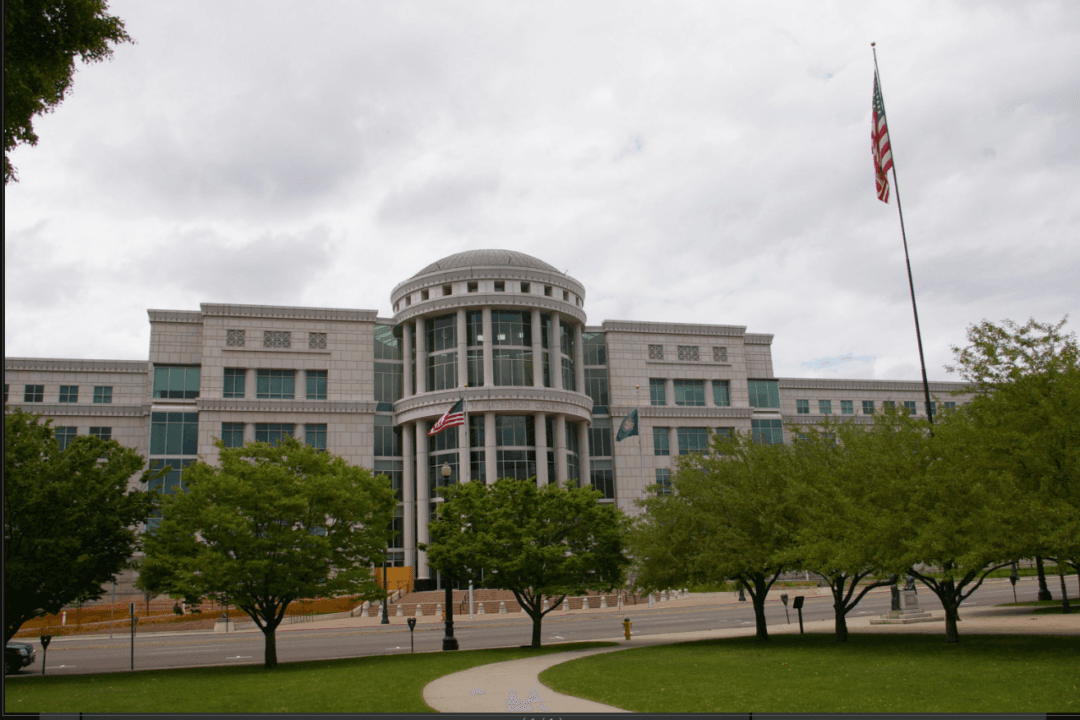Courts in Utah and Kansas will hear arguments next week challenging abortion laws that took effect after the U.S. Supreme Court overturned Roe v. Wade.
On Aug. 8, Utah’s Supreme Court will hear arguments regarding a trigger ban that has been on hold for more than a year.





